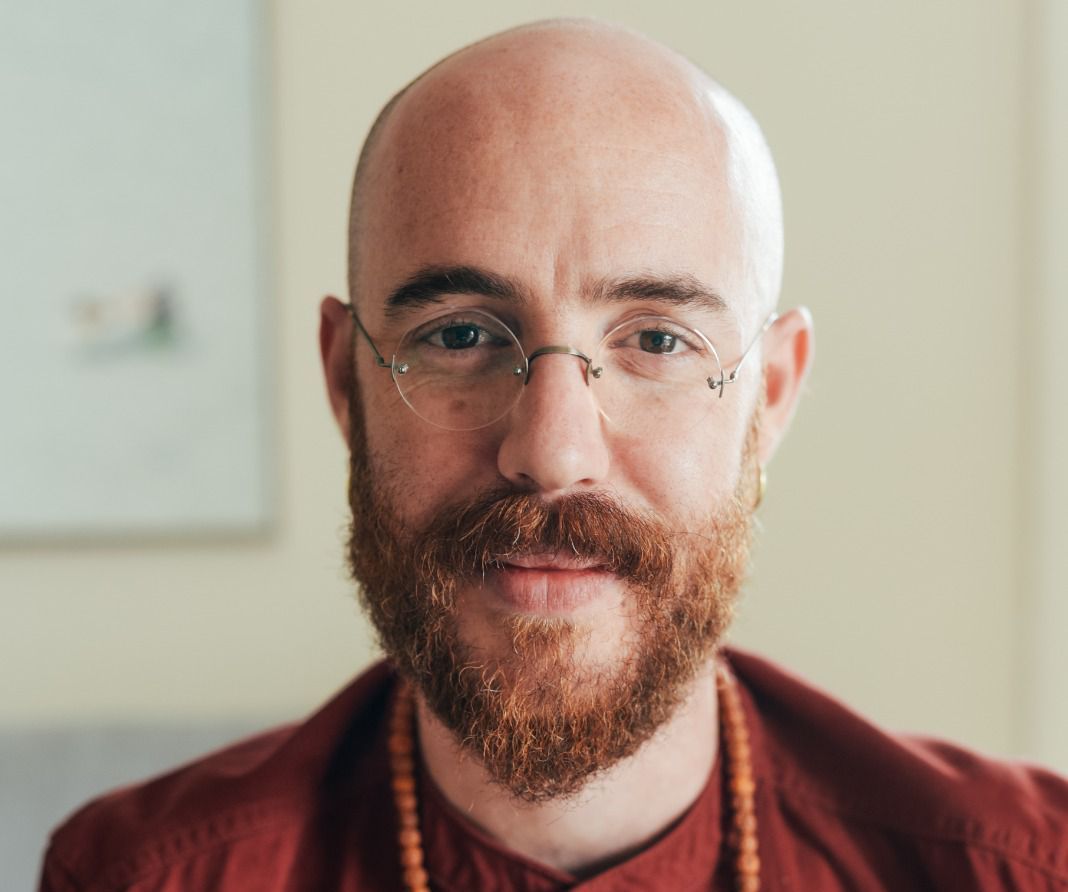Guy Simon

Guy Simon is a clinical social worker, psychotherapist, and PhD candidate in medical anthropology. His research explores trauma, healing, and altered states of consciousness, with a focus on the phenomenology of psychedelic experiences. He leads qualitative and ethnographic investigations into how users, therapists, and underground practitioners conceptualize the therapeutic potential of psychedelics, particularly in the context of trauma and integration.
Guy is the founder and clinical director of Impulse, an integrative clinical, and serves as Chair of the Clinical Advisory Committee of SafeHeart. This nonprofit organization supports survivors of collective trauma through psychedelic-informed care. His work bridges clinical practice with anthropological theory, emphasizing the role of set, setting, and cultural context.
Guy teaches and lectures internationally on psychedelic integration, trauma-informed therapy, and epistemologies of healing. He is currently based in the Netherlands, expanding his research and collaborations across European academic and therapeutic communities.
The experience of recalled trauma during psychedelic states
In this talk, findings will be presented from a mixed-methods study investigating how recalled childhood trauma during psychedelic experiences relates to extended psychological difficulties. The study combined a large-scale survey of individuals who reported lasting post-psychedelic challenges with in-depth interviews exploring lived experiences in detail. Analysis showed that trauma surfaced in three primary ways: direct re-experiencing of autobiographical events with vivid sensory and emotional intensity; symbolic or somatic re-embodiment, where trauma was expressed through bodily sensations or metaphorical imagery; and fragmentation and confusion, where memories or feelings emerged in disjointed, incoherent forms. Outcomes following these encounters diverged markedly: some participants reported therapeutic integration and personal growth, others experienced mixed trajectories with both benefits and ongoing difficulties, while a subset described re-traumatization resembling PTSD symptoms. A recurrent source of distress was epistemological uncertainty—whether the apparent memories were literal recollections or symbolic constructions—leaving some participants haunted by the uncertainty of knowing what was real. These findings highlight the double-edged nature of trauma recall under psychedelics: it may facilitate deep healing when embedded in supportive preparation and integration. Still, it can also generate destabilization and prolonged suffering when such frameworks are absent.